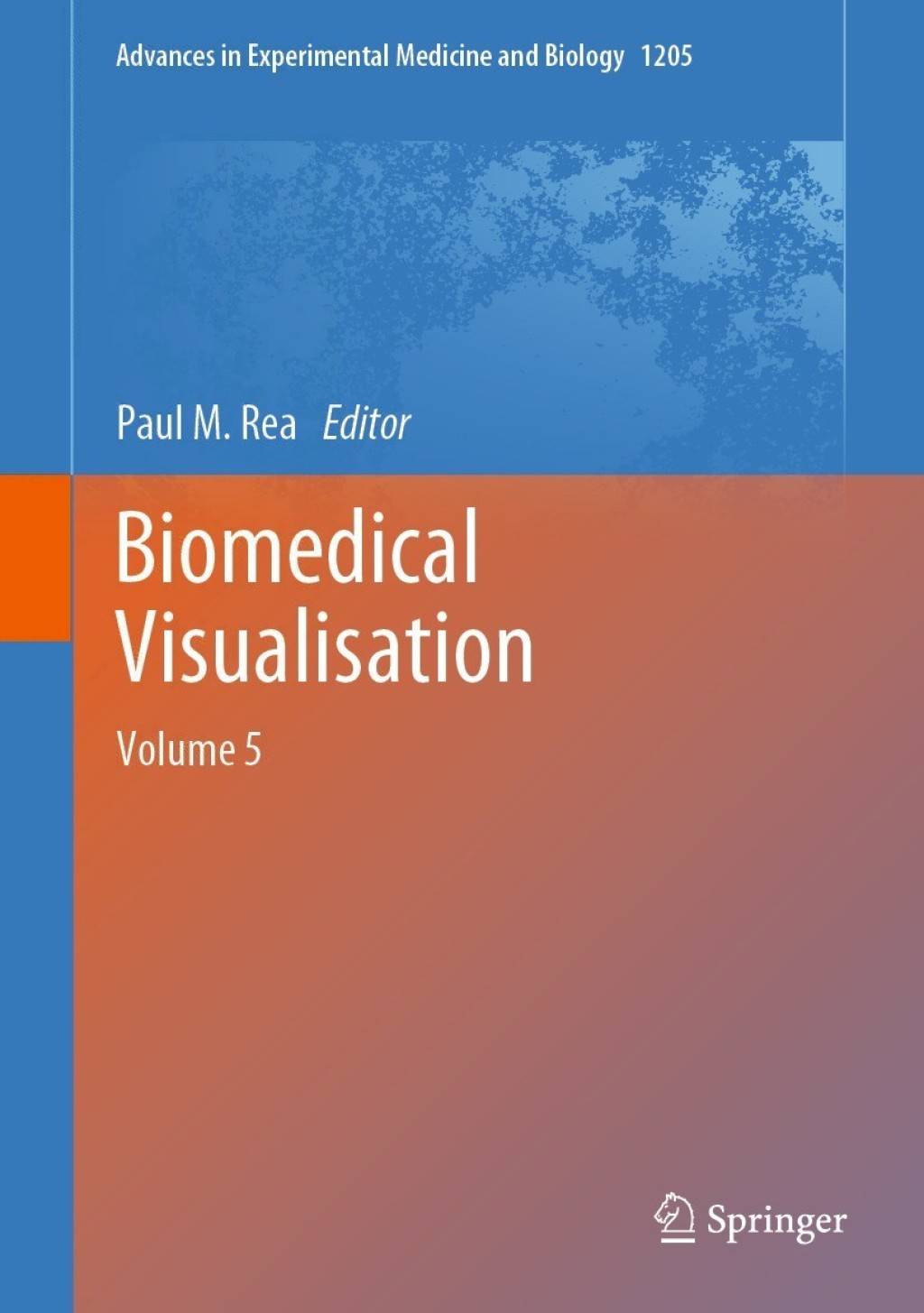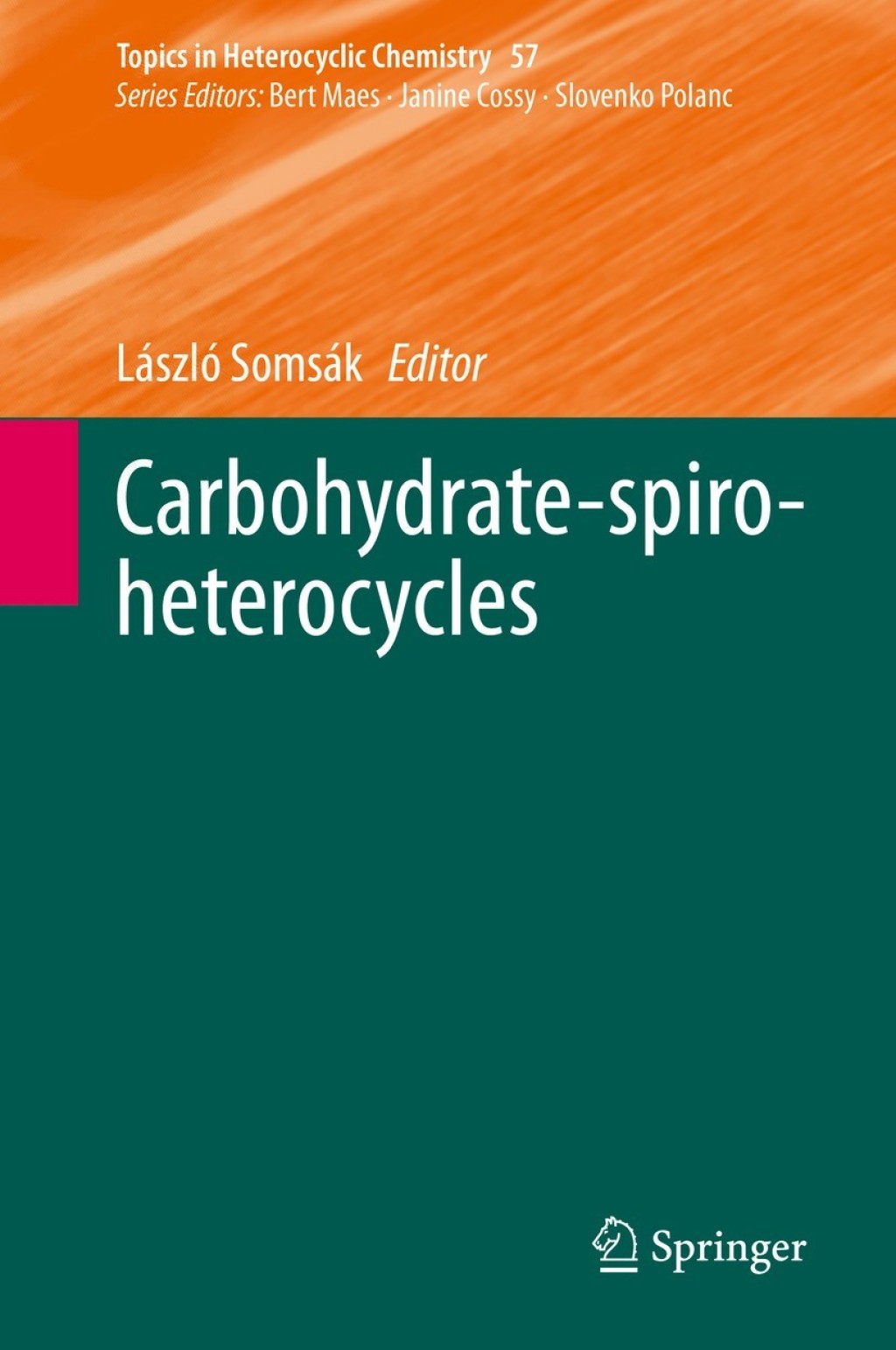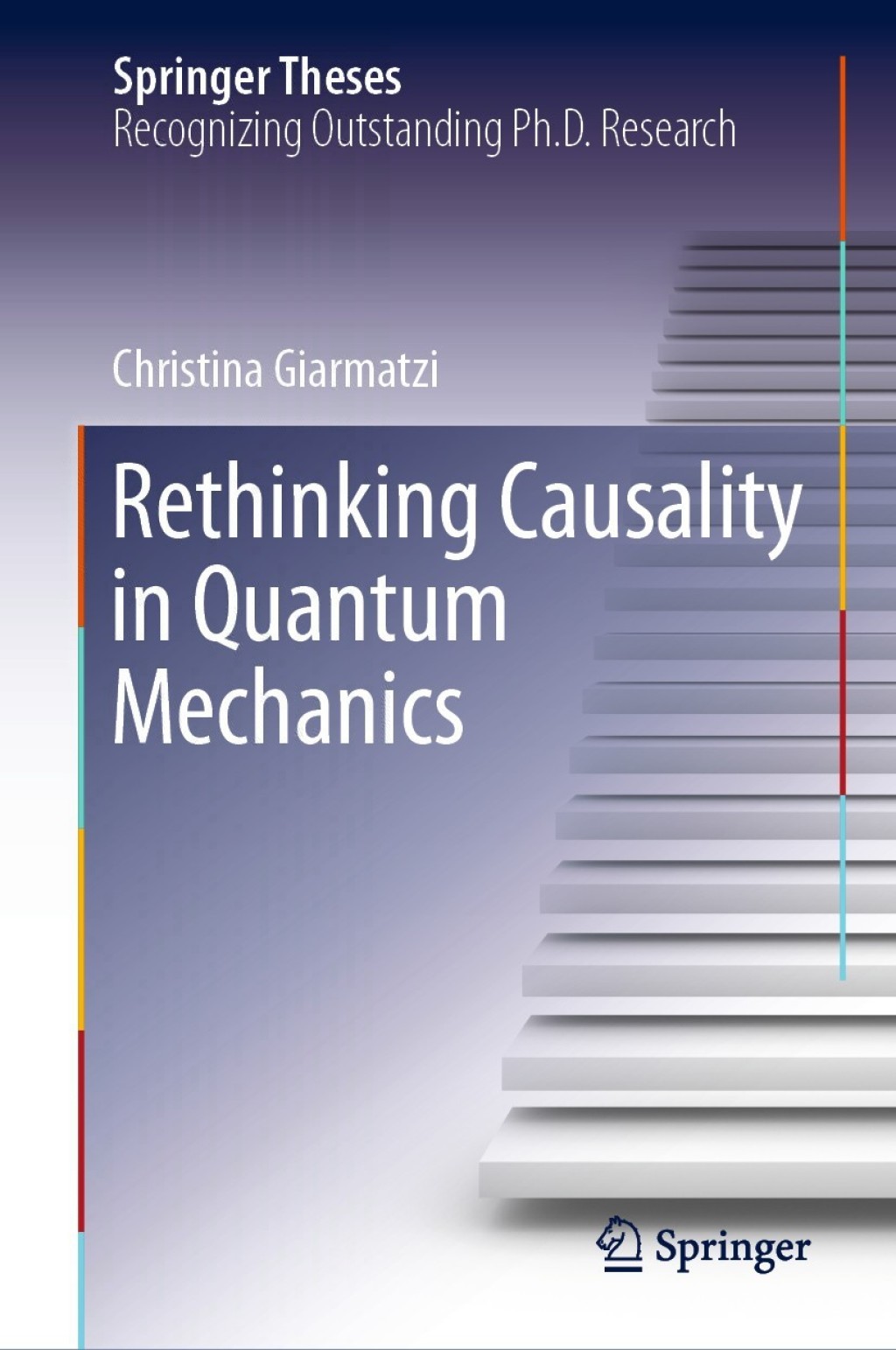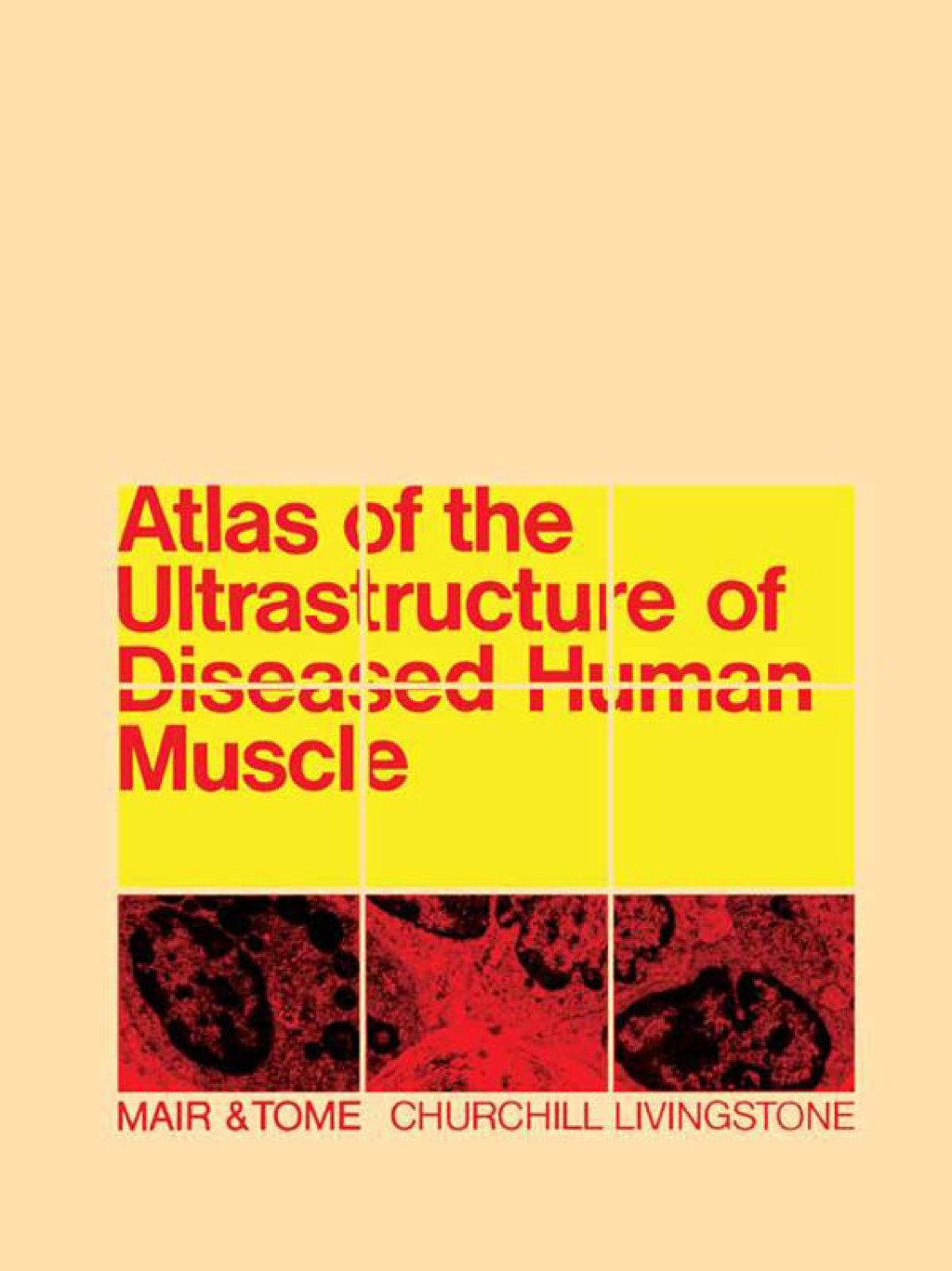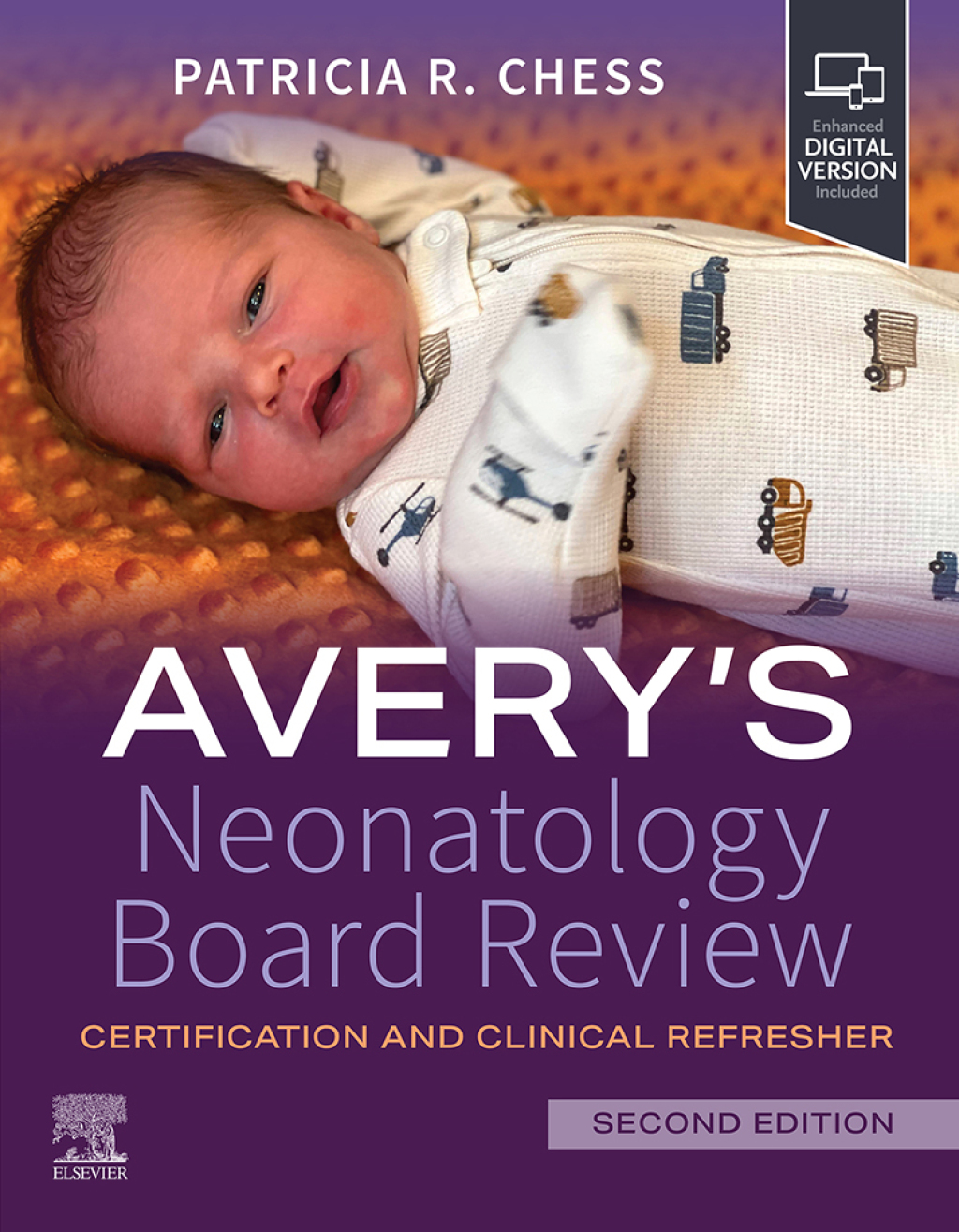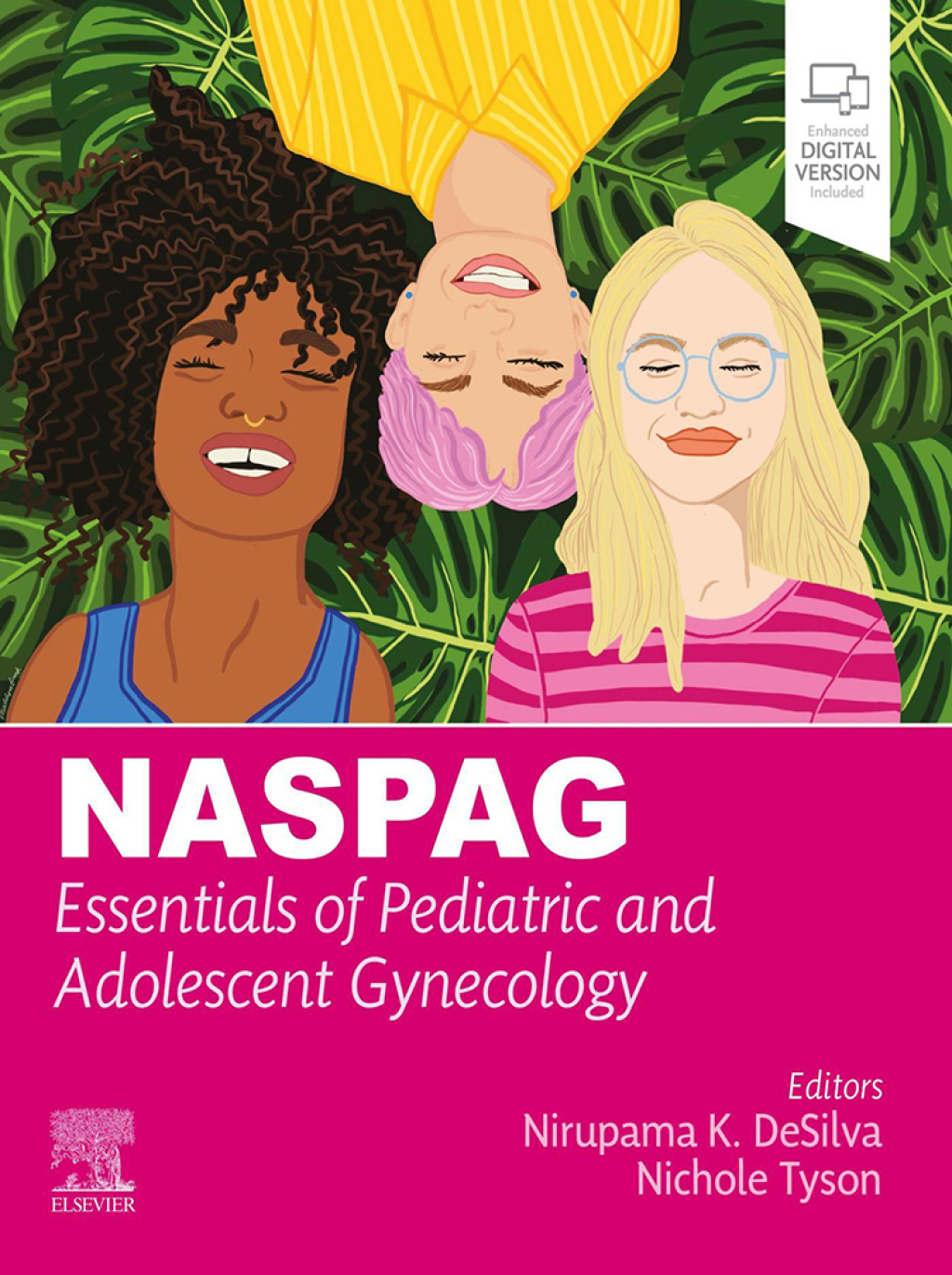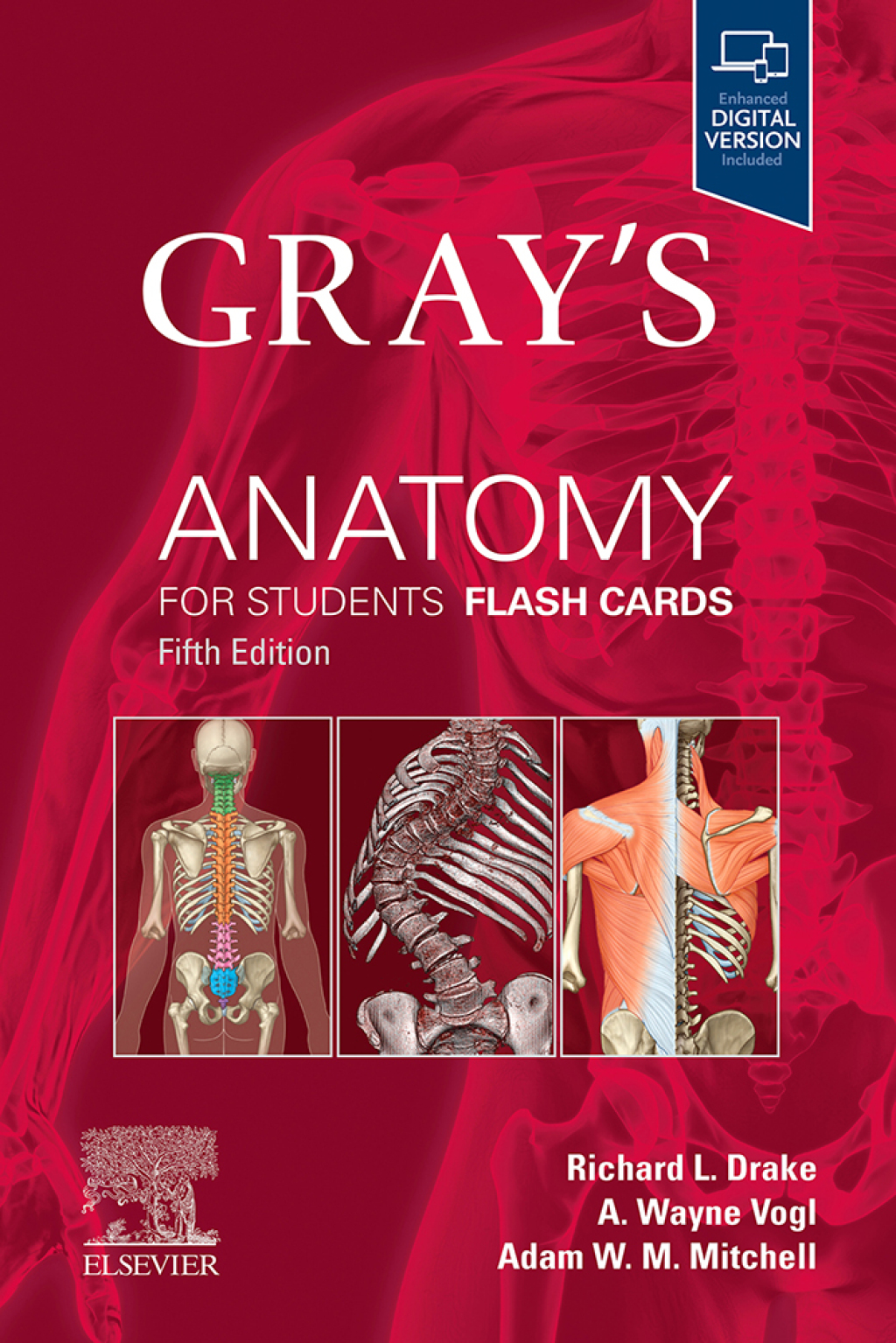Causality is central to understanding the mechanisms of nature: some event “A” is the cause of another event “Bâ€Â. Surprisingly, causality does not follow this simple rule in quantum physics: due to to quantum superposition we might be led to believe that “A causes B†and that “B causes Aâ€Â. This idea is not only important to the foundations of physics but also leads to practical advantages: a quantum circuit with such indefinite causality performs computationally better than one with definite causality. This thesis provides one of the first comprehensive introductions to quantum causality, and presents a number of advances. It provides an extension and generalization of a framework that enables us to study causality within quantum mechanics, thereby setting the stage for the rest of the work. This comprises: mathematical tools to define causality in terms of probabilities; computational tools to prove indefinite causality in an experiment; means to experimentally test particular causal structures; and finally an algorithm that detects the exact causal structure in an quantum experiment.
Rethinking Causality in Quantum Mechanics
Author(s): Christina Giarmatzi
Publisher: Springer
ISBN: 9783030319298
Edition:
$39,99
Delivery: This can be downloaded Immediately after purchasing.
Version: Only PDF Version.
Compatible Devices: Can be read on any device (Kindle, NOOK, Android/IOS devices, Windows, MAC)
Quality: High Quality. No missing contents. Printable
Recommended Software: Check here

